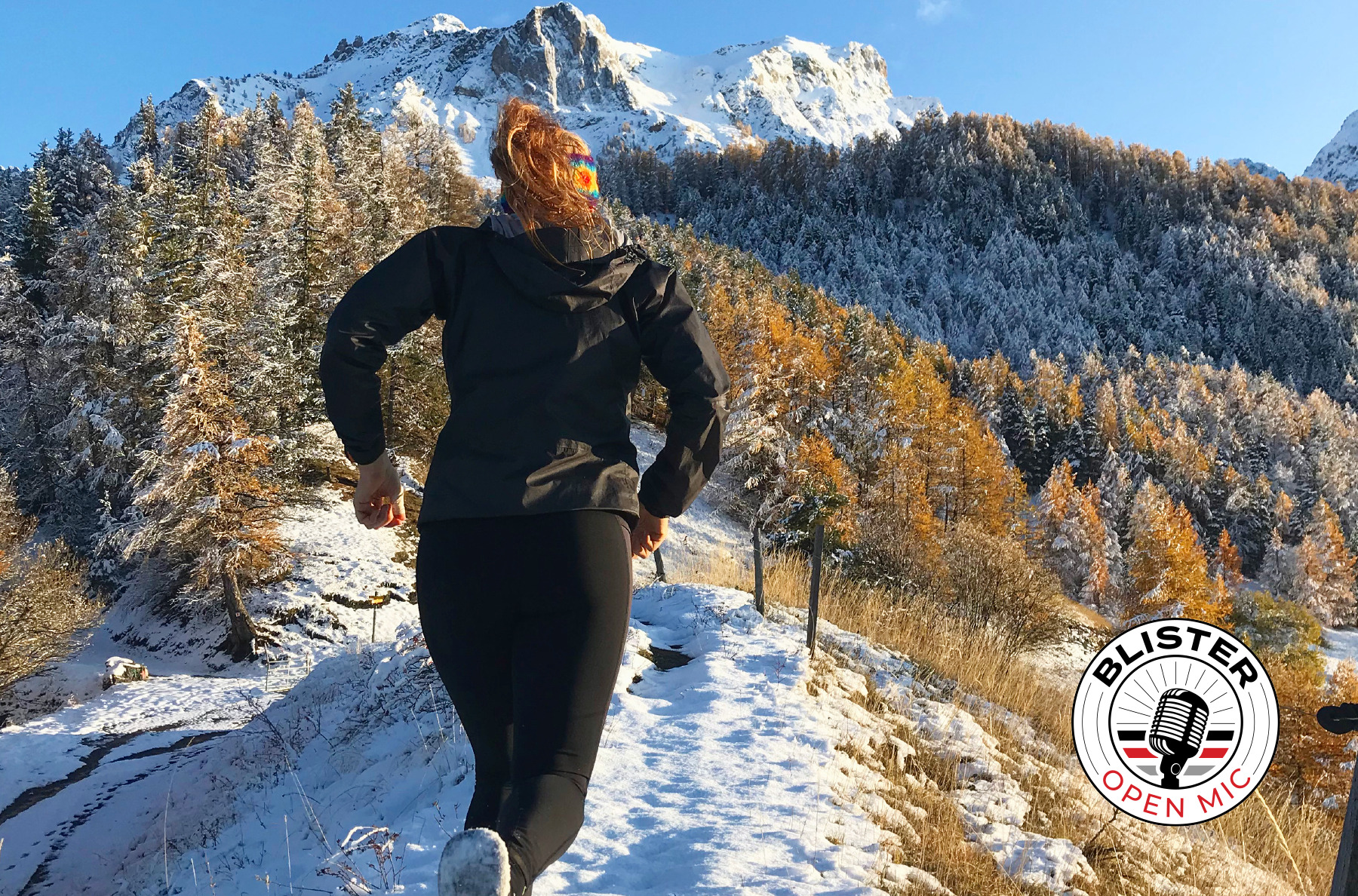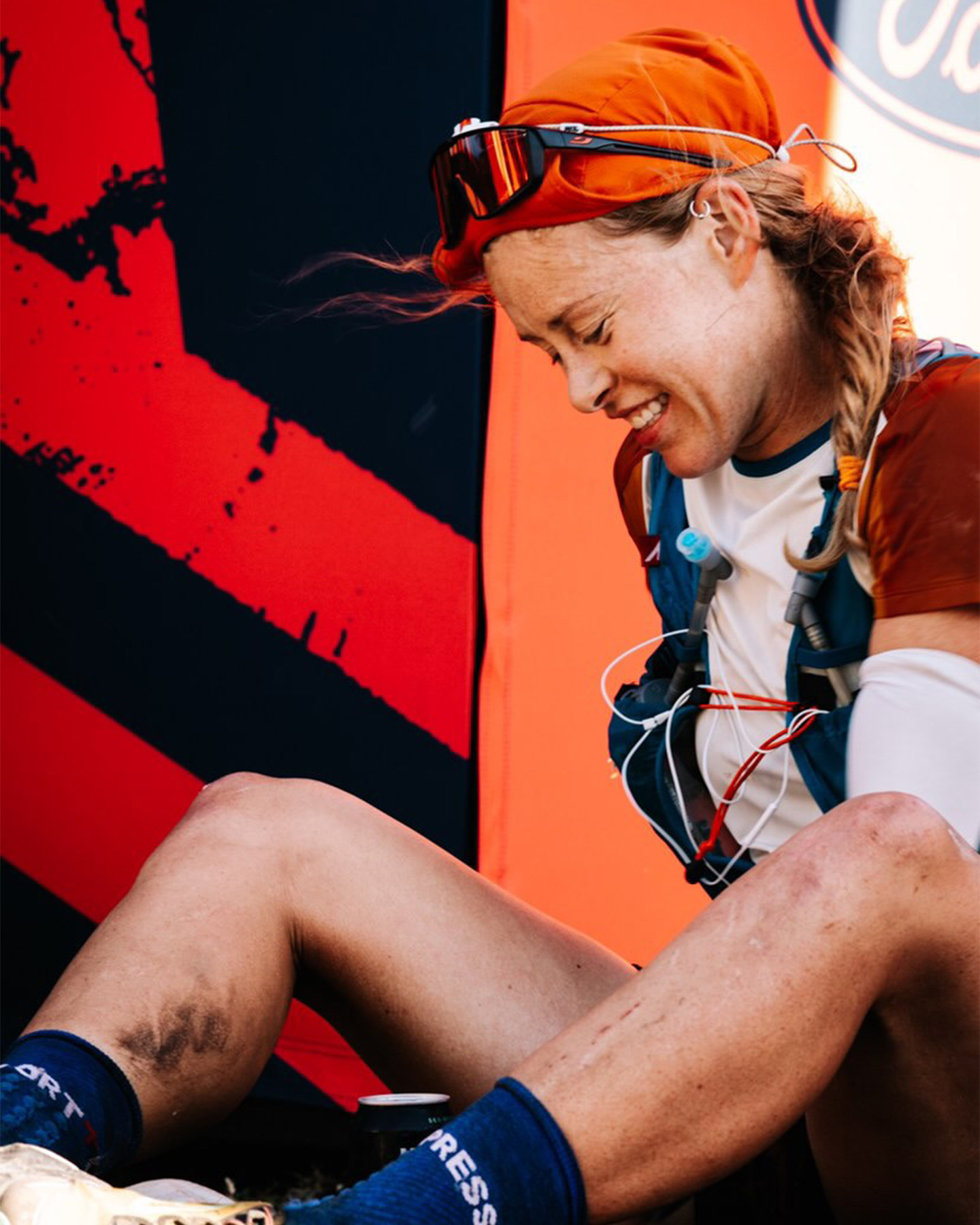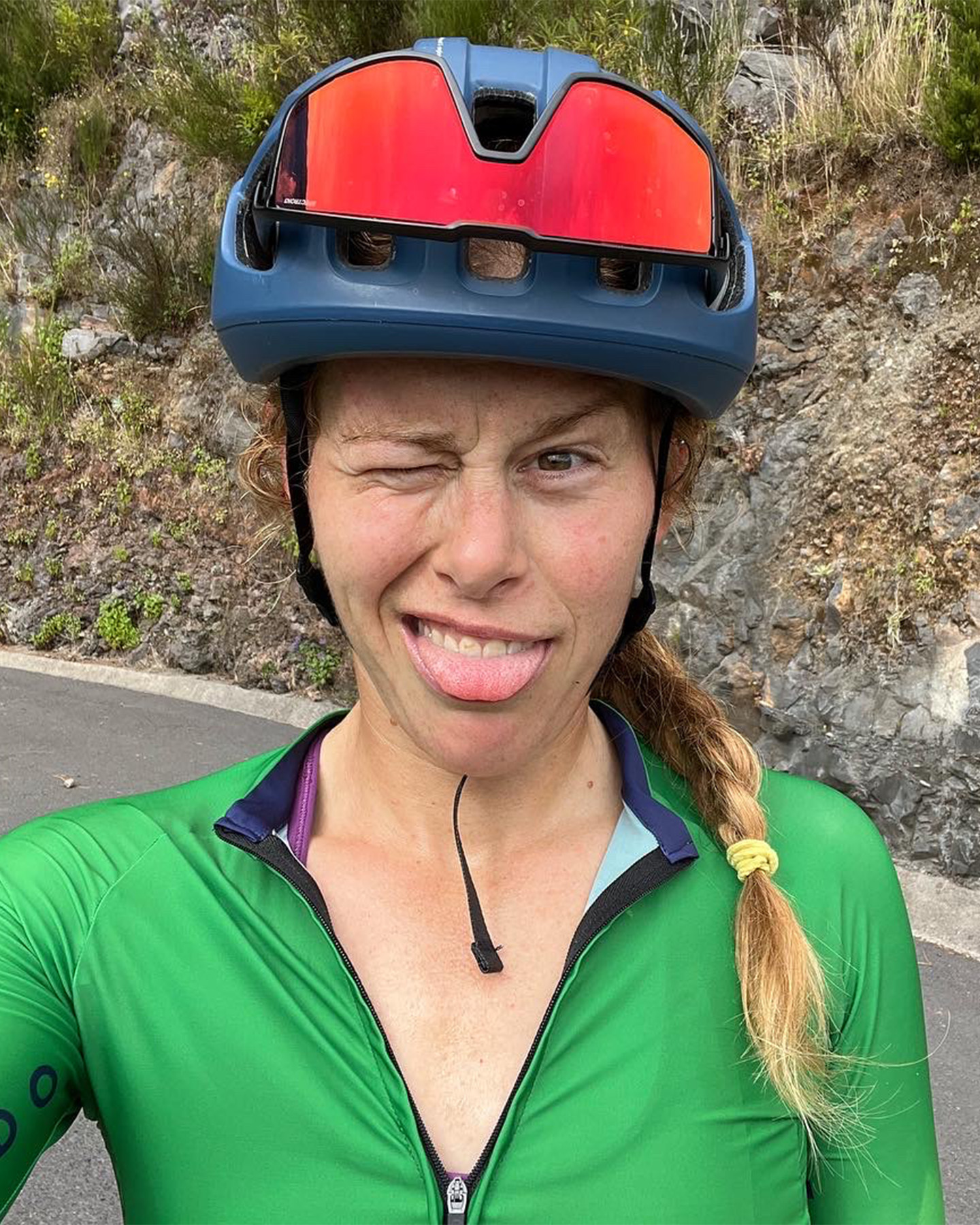Open Mic is the series on BLISTER where we invite various people in the outdoor industry to say what they have to say, and share whatever it is they feel like sharing at this particular point in time.
Today, we hear from Hillary Allen:

I used to have this boyfriend who would say, “Things could always be worse.”
At first, this sounded quite helpful, wise even. Who was I to complain over such small things going on in my life? The expression seemed to provide perspective on whatever I happened to be struggling with or going through. It was good not to dwell on the negative, to not get too torn up about the hardships of life, because, in the grand scheme of things, I didn’t have it that bad, really.
But the more I would hear it, the more I grew to resent it. I would end up comparing myself to others, and judging myself, questioning whether what I was going through was even that bad.

After each internal spiral, I would reluctantly conclude: things could, in fact, always be worse. But instead of making me feel better, I felt invalidated. Like I wasn’t allowed to feel disappointed or even acknowledge a struggle, but instead, immediately shift to diminishing my
own experience, erasing it completely to make room for one that’s comparably worse.
I’ve been a professional endurance athlete for the last 10 years, an ultra runner and gravel cyclist. I’ve experienced incredible highs (winning some of the most challenging ultra marathons in the world, traveling and exploring unknown places, and interacting with the global endurance community) and these experiences have made me feel loved, capable, and full of self-confidence. But there have also been extreme lows in my athletic journey — injury and re-injury. There have been moments and years where I was so severely injured, I wasn’t sure I would ever recover, or return to sport in any capacity.
Surprisingly, It’s been in these moments — the low, and seemingly unbearable ones — where I’ve questioned everything, from self identity to my greater purpose in life, that have led me to learn the most about myself, to love myself for my flaws, and to keep fighting to be the best version of myself.
And guess what? I didn’t get there by comparing away my struggles. Ignoring or denying them didn’t help me gain clarity. Instead, I talked about them, I shared my experiences and found connection with others (and myself) through the struggle.
In short, we don’t need more comparison, we need more connection.
I think all of us have an image in our head — some image of perfection that’s beyond our reach — of an athlete, or the person we’d like to be at work, or at home. We hold ourselves to an unrealistic standard, either consciously (hello social media) or subconsciously. On top of that, we often feel compelled to deny, avoid, and push down the emotions that inevitably come with comparison. In the age of social media, life can feel like a positive-sum game where we gain points by flexing on various virtual platforms, sharing snapshots of only the best ____ [insert epic photo here]. How can we not get caught up in thinking that the only way we are worthy — as an athlete, a parent, a partner, or an employee — is if we are crushing it all the time, always on top of things, and always at our best?
It’s part of my job to post on social media, and I’m guilty of contributing to the ‘smile and stay positive’ way of operating. You might be thinking, why does this matter? It’s only social media, and that’s not the place to be honest and open; that’s for your real life, your real friends.
But, for many of us, that virtual world is becoming our reality. The more we see these moments, and only these moments — everyone’s best moments — the more this becomes our reality and expectation. But the virtual world of curated images and experiences isn’t reality, at least not for me. In fact, I think experiencing low moments happens more frequently. And the less we talk about them, the less we want to feel them or have the ability to work through them, which fosters a debilitating perfectionism, a standard that literally no one can live up to. And by measuring ourselves by this impossible standard, the greater the pressure becomes to only show — and share — a certain side of you, always, and only, an incomplete picture of who we are.
But there’s a connection in the struggle. Beauty, even. No matter how big or small, the emotions that come with hardship might be the single most unifying human experience.

So let’s not forget this, and let’s not be afraid or unwilling to share the things, big or small, that we are, in fact, struggling with. Sharing less reduces our own humanity, while sharing more of what makes us human can push us all a little closer toward genuine connection.
About Hillary Allen
From Hillary’s website: “My career as an endurance athlete has not been straightforward. Through injury, setbacks and a 150 foot fall where I was told I would never run again, I’ve had to re-think what I consider possible. Throughout my career, I’ve learned to bet on myself, and maintain the persistent belief that my best athletic days are ahead.”

